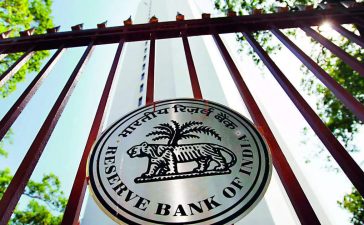Unlock the Editor’s Digest for free
Roula Khalaf, Editor of the FT, selects her favourite stories in this weekly newsletter.
Britain’s House of Lords inflicted a string of fresh defeats on Prime Minister Rishi Sunak’s flagship Rwanda asylum bill on Wednesday, raising the prospect of further delays to his plans to send asylum seekers to Kigali.
The voting in the upper chamber came after MPs had overturned 10 earlier amendments introduced by peers, most of which sought to strengthen rights provisions in the legislation.
In a series of votes on Wednesday, peers repeatedly defeated the government, backing seven amendments including one that seeks to ensure the legislation complies with domestic and international law. The other changes include an exemption for the victims of modern slavery and for those who have worked overseas with British armed forces.
The defeats will prolong parliamentary debate over the legislation, pushing it back into the House of Commons and potentially delaying until after the spring the first flights that Sunak had hoped to send.
The latest developments mean the government will only be able to finalise its legislation after the Easter recess, which starts on Tuesday and runs until mid-April.
The bill will return to the Commons on April 15 for further debate and votes on the amendments.
Sunak is seeking parliament’s endorsement for the bill, which declares Rwanda to be a “safe country”, in order to forestall future legal challenges to his plans to send asylum seekers there.
This follows a ruling by the Supreme Court last November which found there was a strong risk that people sent to the African nation could be in danger of being returned to their countries of origin.
The government has also signed a separate treaty with Kigali to address concerns raised by the judges.
Home Office minister Lord Sharpe insisted during the debate that there was nothing in the bill that conflicted with the UK’s legal obligations.
The government’s plan to send asylum seekers to Rwanda, which has already cost taxpayers £240mn, is central to its strategy for curtailing the number of migrants arriving in the UK in small boats via the Channel.
But it has been controversial from the outset and Labour has said it will scrap the policy if it wins power in a general election due later in the year.
Speaking during the debate Lord Coaker, a former Labour minister, said his own amendment sought to ensure that stopping the boats was done “in a way consistent with the traditions of our country and is consistent with the laws both domestically and internationally”.
“This is not an argument between those who want to stop the boats and those who don’t. It is an argument about how you do it,” he said.
Downing Street declined to comment.










